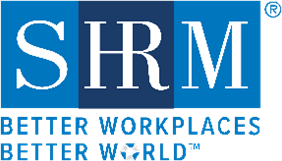How To Appropriately Call Out of Work
How To Appropriately Call Out of Work
We all get sick or have an emergency at some point in our adult lives. It is inevitable. Any time you are unable to be at work on time, you need to notify your employer. Many employers have strict policies regarding a no-call-no-show, an individual who didn’t show up for their shift but didn’t notify their supervisor beforehand and may call for immediate termination. Avoid losing your job over a situation you could have easily prevented, and follow these easy steps to make sure you’re covered when you have to call out from work.
Call your supervisor
It seems obvious, but I want to say it. If you are going to be late or need to miss time at work, call your supervisor. Let them know as soon as possible about the delay or issue so they can prepare their day accordingly. If you wait until the last minute before your shift, or even worse, after your shift has started, to let your supervisor know you are having an issue, you create an unnecessary inconvenience for them and your coworkers. By notifying ahead of time, your supervisor has time to find someone to fill your position while you are unavailable.
Be prepared to answer “Why?”
If you’re going to miss work, your supervisor is going to want to know why. It is a common and justified question, so be prepared to answer it honestly. Are you sick? Did your car break down? Did your sitter just call and tell you she quit? Whatever the reason, keep your supervisor informed. Explaining why you will be late or absent can help your supervisor understand your situation and save you from consequences.
Plan to return
When you speak with your supervisor, plan with them on when you will return to work. If you came outside to a flat tire, let them know how long until you’ll have the tire changed and be on your way. A doctor’s note may be required in order to return to work if you are sick or injured. If you’ve lost a loved one and need time off for the services, tell your supervisor when you will be back in town.
By providing a return day or time, you are showing your supervisor that you still value your position and intend to return to work. If you don’t call or provide a plan for returning back to work, your supervisor may assume you resigned and fill your position with someone new. If you don’t know when you can come back, be honest. Let your supervisor know ahead of time and keep in contact with them until you can return.













